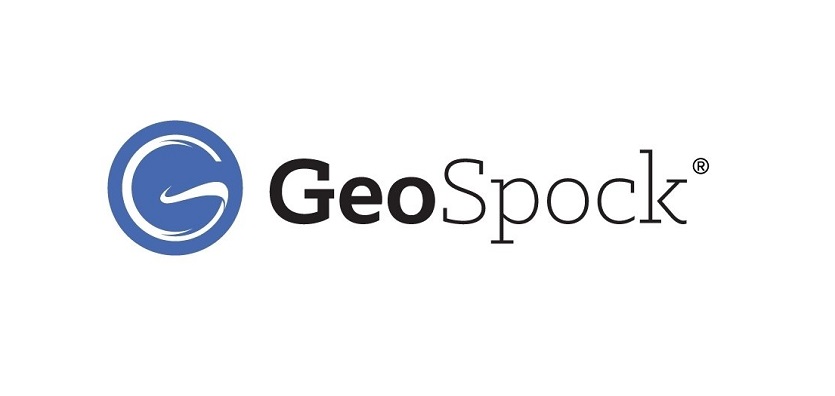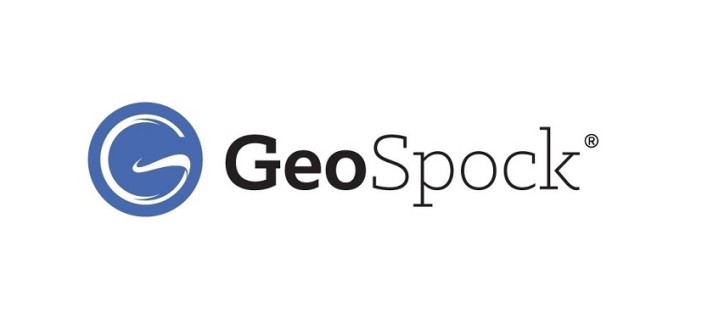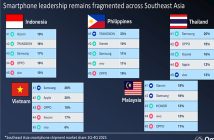
GeoSpock, a Spatial Big Data company, has announced it will partner with the Baltic Exchange to build the world’s most advanced global maritime spatial database. The data repository will act as a critical resource for the array of new datasets emerging from the industry.
The digital programme will commence with a specific focus on maritime air emissions enabling collaborators to have unparalleled access to visualisations and data insights. It will allow for informed decisions to be made on clean air initiatives, effectively demonstrating how the industry is tackling regional and global emissions.
Shipping is central to the global economy, underpinning 90% of the world’s trade. This vast industry is undergoing an intense period of digitalisation, with data analysis becoming fundamental to business success. Currently, the industry generates huge quantities of data; from every aspect of the supply chain from sensors in dispatch warehouses, onboard ships, in ports and on trucks. This data remains siloed and there is no central pool of data that companies, and the industry as a whole, can utilise.
The Baltic Exchange is developing the intelligent database to capture data on measurable aspects of the shipping industry. This includes metadata on location, weather, emissions, fuel usage and journey route and times. Through the collection of this data, the maritime market will have complete and instant visibility into the shipping landscape. Companies will be able to analyse and optimise shipping on a global scale, while providing regulators and governments with a new level of transparency.
The dataset and data science tools will be designed and built by GeoSpock. The GeoSpock Spatial Big Data platform, built on AWS Cloud, will be able to ingest and provide context to huge quantities of global maritime data from Baltic members and industry participants. While the project will initially focus on regional emissions, the initiative will have global capabilities and reach, it will embrace data science as a fundamental technology and how it will impact future skills and talent in the maritime industry.
“We are driven by supporting the needs of our members and a desire to change the maritime industry. As our market embraces digital technologies, the Baltic is in a unique position to facilitate the industry’s digital growth. To achieve this vision, we must adopt and utilise the most advanced technology and develop the most holistic database available. Our priority is to inform our membership and the wider shipping community, providing them with the means to see, prove and act on any developments in the industry. The GeoSpock database will act as a self-improving and scalable global information hub that can be interrogated in real-time It’s an opportunity for our community to innovate and collaborate for the benefit of the industry as a whole. We believe it will set a global standard for a data-first strategy in the shipping industry,” commented Mark Jackson, CEO, Baltic Exchange.
“The maritime industry is currently trapped within many siloes, with operators hungry for insight and visibility,” said Richard Baker, CEO at GeoSpock. The goal of our combined database is to disentangle the sector, achieving data interoperability throughout whilst ultimately creating an innovation hub. Only by having ubiquitous access to trusted data and removing friction to data silos can the industry move to measuring and managing what matters. “I am delighted to be working with Mark and his team at the Baltic Exchange on this project, this is something we are uniquely built for and incredibly excited to be involved in”.
“Technology will revolutionise the maritime industry and provide it with the insight it so desperately wants. Today’s announcement is the first step in that digital journey. We believe it will set a gold standard for the industry to follow and completely change the way it is viewed. Analytics at this scale has the capability to improve not just the industry, but to make the world less polluted and more prosperous.”





